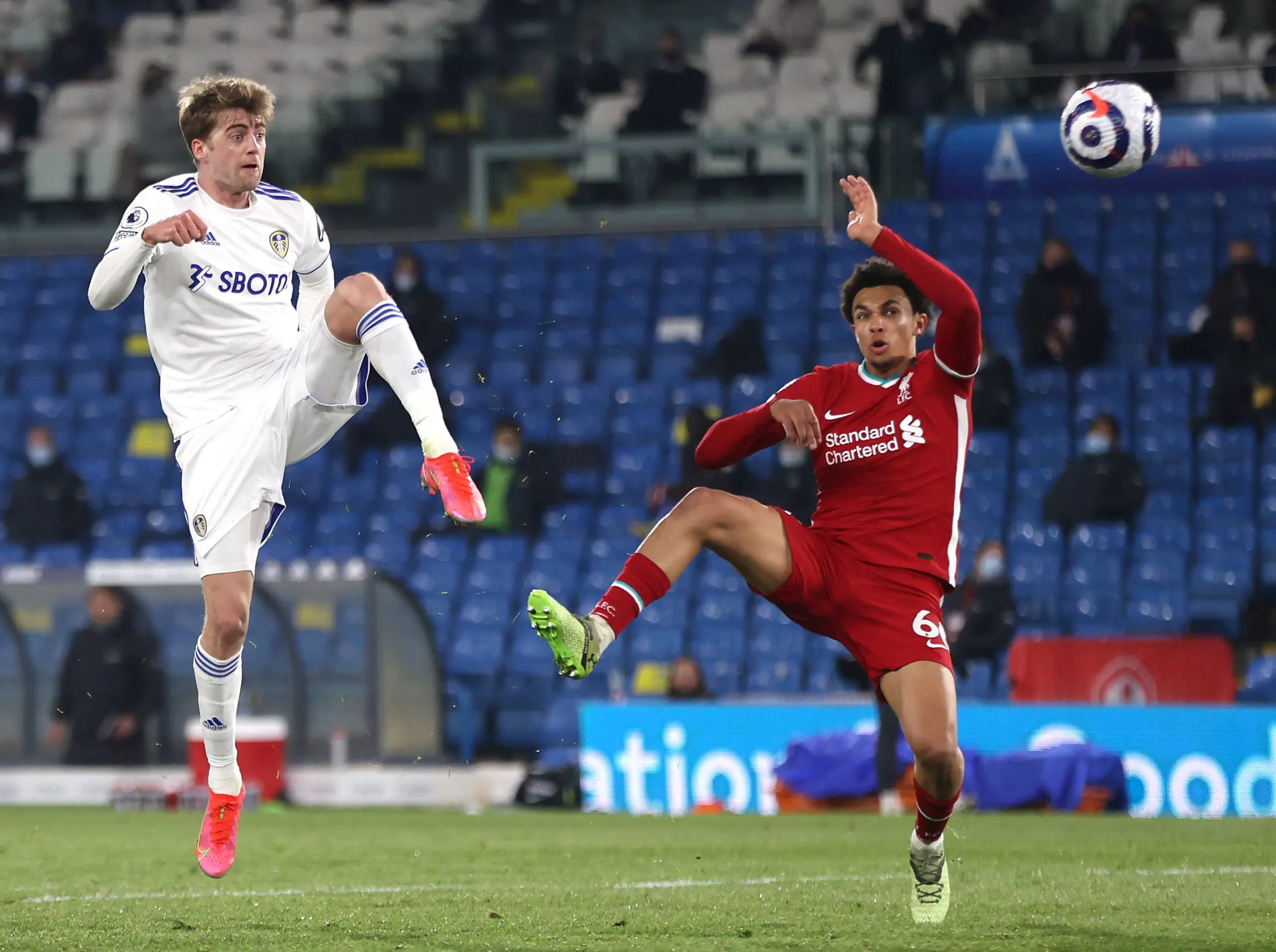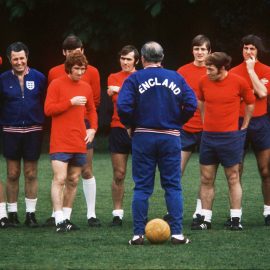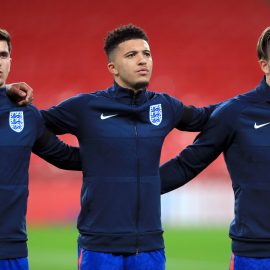Stop the presses! England to win the next World Cup! This could be our year!
Well, not quite. I’m not talking about the men, I’m talking about the women. Hope Powell’s England women’s side has quietly been making great strides in the international arena, though you probably wouldn’t have heard given the lack of coverage and focus that the national media places on women’s sport in general. The FIFA Women’s World Cup 2011 begins next month in Germany, and there is an optimistic mood around the England camp.
Previously, England’s greatest achievement in a World Cup had been the quarter-final finish in the 2007, although they did come second in the UEFA Women’s European Championships 2009, losing 6-2 to Germany in the final. However, this time around, despite words of caution from Powell, the first woman to hold a UEFA Pro Licence in coaching, there is a genuine feeling that they can win this World Cup.
While only ranked 10th in the world behind such teams as Brazil, Germany and, bizarrely, North Korea, their powerhouse displays in the qualifying stages against the likes of Spain and Austria led to them topping the group with seven out of eight possible wins and one draw. Having beaten world number-ones the United States last month and with the experience of all-time second-highest goalscorer Kelly Smith, captain Faye White and Arsenal’s Rachel Yankey combined with the exciting young talent of Jess Clarke and Ellen White, who’s to say that England cannot be World Champions come the tournament’s end in July?
Though I am not generally quick to praise the FA, it appears that their efforts to promote and develop women’s football are beginning to bear fruit. It launched the FA WSL, a new women’s summer league, last month with the aim of enabling players to make significant money by playing whilst allowing WSL clubs to develop new revenue streams. Games will be televised on ESPN over the summer which, you would think, can only help to promote women’s football.
In addition, there are now 52 FA Girls’ Centres of Excellence across the country with the objective of developing female players to the highest standards of ability in order to compete at the highest levels, and a clear line can be traced upwards in terms of the achievements of women’s football since the first centre was established in 1998.
The FA also introduced central contracts for 17 England players in 2009, which included requirements such as adhering to part time working hours of no more than 24 hours per week, ensuring key players’ availability for training camps and tournaments. Yes, national football is still semi-pro in this country! This isn’t the way women’s football is run in hugely-successful America and Germany, and has to be the next step the FA takes – if it is good enough for the men, why not the women?
With the World Cup around the corner and the new league launched last month, the sky appears to be the limit for English women’s football at this year, and 2011 really could be the year that makes the sport in England. We largely have the FA to thank for that. Now, if they could only start sorting out the men’s game…
Add Sportslens to your Google News Feed!






